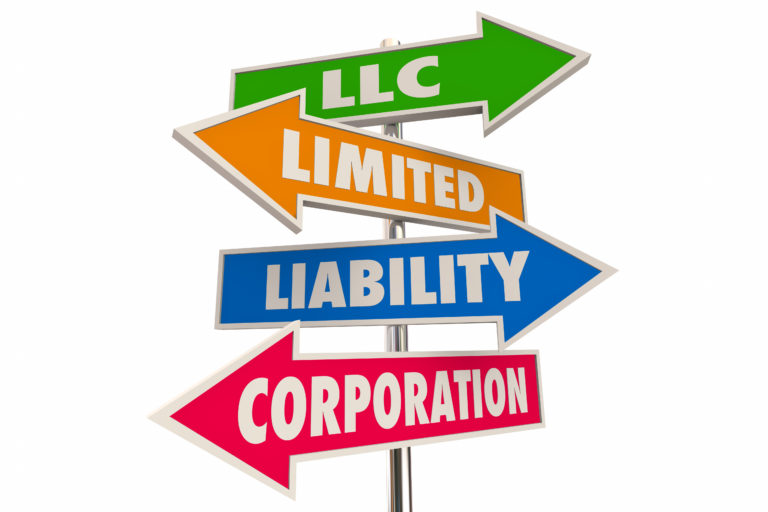
The IRS is looking to Use Social Media to Investigate Tax Fraud
Online sellers are notoriously known by the IRS as tax cheats. The IRS estimates that businesses across the United States pay $125 billion less in taxes each year than they actually owe. The IRS is on a mission to reduce that number.

What Businesses Need to Know when Working with Influencers
An influencer is a person that is influential in the social media realm. Influencers are usually found on Instagram with over thousands of followers. However, not all influencers are the same.

What is Workers Compensation Insurance?
If an employer operates their business without purchasing workers compensation even though they are required by Florida Law, then there is a high probability that a penalty will be issued. In order to avoid the penalty, any Florida business operating with four or more employees must purchase workers’ compensation insurance, which in Florida will cost your business about $1.32 per $100 wages.

What is a Prenup?
A prenuptial agreement (or a prenup) is an agreement signed before marriage that outlines what happens to each spouse’s financial assets in the event of divorce or death. This protects each spouse’s personal assets that they have inherited from family members, assets they have obtained before marriage, or income they have generated before marriage.

Copyright Trolls
These are parties that have no interest in using or selling the photos, or other works, they own copyrights for. They may be photographers who own pictures or website who have licensing from photographers. They then purposefully make their pictures readily available online, like on Google.

Online Trade Dress Infringement
Trade dress infringement claims are no longer solely about whether a producer is infringing upon the other because of the packaging or design of a product. Now trade dress infringement also encompasses whether an online user is infringing upon another user’s YouTube channel or blog by copying the name or the content.

Damages Under Lanham Act
The Act permits the injured party to recover (1) any profits the defendant made off the use of the trademark, (2) any damages sustained by rightful owner of the trademark through the unlawful use by the defendant, and (3) the costs of the court action. If the trademark infringement is particularly shocking or offensive, then the court can award the injured party three times the actual amount of damages.

Piercing the Corporate Veil: When Can the Owners Be Liable?
Piercing the veil means the court disregards the limited liability protection and the person suing the company can go after the owners personally.

Trade Dress Infringement
Trade dress infringement occurs when one product’s design or packaging copies that of another product to the degree that there is confusion in the minds of consumers.

Can a Shareholder or Member Transfer Shares?
One of the biggest strengths of the corporate form is its provision of limited personal liability to owners.
Categories
Categories
- Bankruptcy (6)
- Business Law (391)
- Business Litigation (35)
- Business Partnership Disputes (8)
- businesses (7)
- CBD Law (2)
- Civil Litigation (58)
- Commercial Law (2)
- Consumer Protection (8)
- Contract (29)
- copyright (12)
- Corporate (6)
- COVID-19 (35)
- Cryptocurrency (5)
- Documentary Stamp Tax (2)
- Employment Law (81)
- Entertainment Law (92)
- EPGD Business Law (35)
- Estate Planning (80)
- Family Law (18)
- Federal Law (9)
- Finance (16)
- Florida Law (20)
- Florida Minority Business Government Programs (2)
- Foreign Investing (3)
- Foreign Reporting (10)
- Franchise Law (17)
- Fraud (2)
- Government (16)
- Homestead Exemption (9)
- Immigration Law (8)
- Intellectual Property Law (96)
- Landlord / Tenant (8)
- LegalZoom (1)
- Licensing Agreement (1)
- Litigation (12)
- News (2)
- NFT (4)
- Non-profits (1)
- Notarization (2)
- Patent (2)
- Privacy Law (10)
- Probate & Guardianship (24)
- Property Law (10)
- protection (5)
- Real Estate Law (67)
- security (7)
- Sports (3)
- Tax Law (122)
- Testamentary Trust (1)
- Trade (1)
- trademark (15)
- Transactional (19)
- Trusts & Estates (53)






